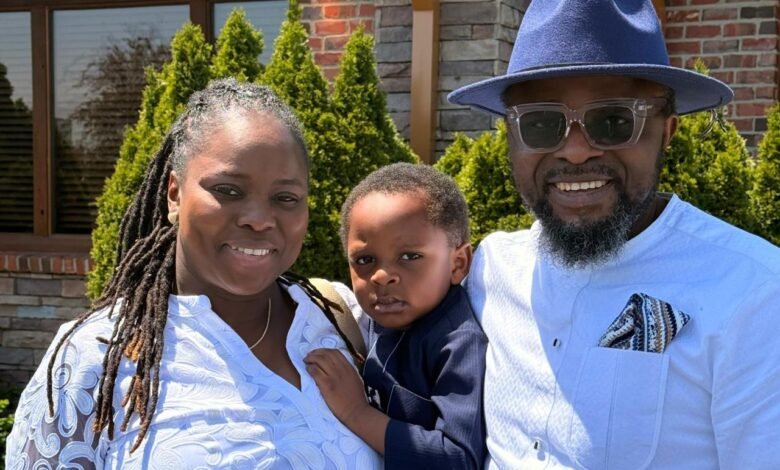
After a long day of errands, groceries, and traffic, we were exhausted, physically and mentally. As we finally pulled into the driveway and stepped inside, our bright-eyed son bounced up to us with a simple request: “Can I go and play with my friend?”
The day before, he had asked the same thing. We had responded with, “Maybe tomorrow.” Now here we were, unsure if that “maybe” had sounded like a promise. But in his world, it probably did.
We looked at each other and chose to err on the side of fidelity.
Because in our home, keeping our word is not optional, it’s foundational.
Small Moments, Big Lessons
Many of us recall being told as children, “Go get your shoes”, only to return and find the adult gone. What seemed like a harmless adult tactic left an imprint. Because to a child, a promise is a promise. And when broken repeatedly, even casually, it teaches distrust.
It happened to many of us, and recently, I saw it playfully depicted in a bank commercial. But it triggered something deeper for me: a sense of nostalgia mixed with quiet grief. Because, as humorous as it seems, that’s one of the fastest ways to chip away at a child’s innocence.
We reflected on our own childhoods. I remembered a moment when my father said, “Say the truth, and nothing will happen to you.” I believed him. So, when something went wrong at home, and no one spoke up, I did, even though I wasn’t responsible.
I hadn’t even finished confessing before I was met with harsh discipline.
My wife’s experience was the opposite. As a child, her father once looked her in the eye and said, “Whatever you say, I will believe you.” She lied, but he kept his word. That trust marked her deeply, and it reshaped her internal compass. She wanted to be worthy of that belief going forward.
What We’re Modelling Today
We’re not trying to raise a perfect child.
We are raising a balanced, emotionally intelligent one, and we know that begins with us.
Parenting, for us, is not a performance. It’s a calling.
It’s about conscious modelling: showing, not just telling.
We are intentional about the promises we make. Whether it’s, “We’ll go to the store tomorrow” or, “If this happens again, there will be consequences,” we are committed to following through. Because inconsistency, however small, distorts a child’s understanding of consequences, both in discipline and in reward.
Our Approach to Discipline
In our home, we don’t spank or shout.
We converse. We explain. We reason.
We withhold privileges, not rights, and only after thoughtful discussion. We treat our son as a reasoning being, even at his young age. Because he is.
Discipline is not punishment, it’s instruction.
And instruction begins with our own example.
We have come to this conclusion:
We don’t believe in child discipline as a standalone concept.
We believe in a culture of discipline, a way of life modelled by us and mirrored by our child.
Whether it’s keeping a promise or following through on a consequence, fidelity to our word is our standard.
Why Fidelity Matters in Leadership, Not Just Parenting
This conversation isn’t just for parents. It’s for leaders, mentors, educators, and anyone shaping the next generation.
In our professional lives, we often talk about trust culture, emotional intelligence, and leadership integrity. But the truth is, many of those habits are first formed at home. A child who learns that promises matter will grow into an adult who respects contracts, honours deadlines, and shows up when it counts.
That’s why fidelity is more than a parenting principle.
It’s a leadership value.
It’s how we build people.
It’s how we build nations.
Our Commitment
This is the heart of our family’s commitment, and the heart of this reflection:
Fidelity.
Keeping our word. Modelling consistency.
Raising a child who trusts the world, because he first trusted us, and we didn’t disappoint him.
We welcome your reflections. How have you modelled trust or experienced broken trust as a child or parent? Let’s grow together.




